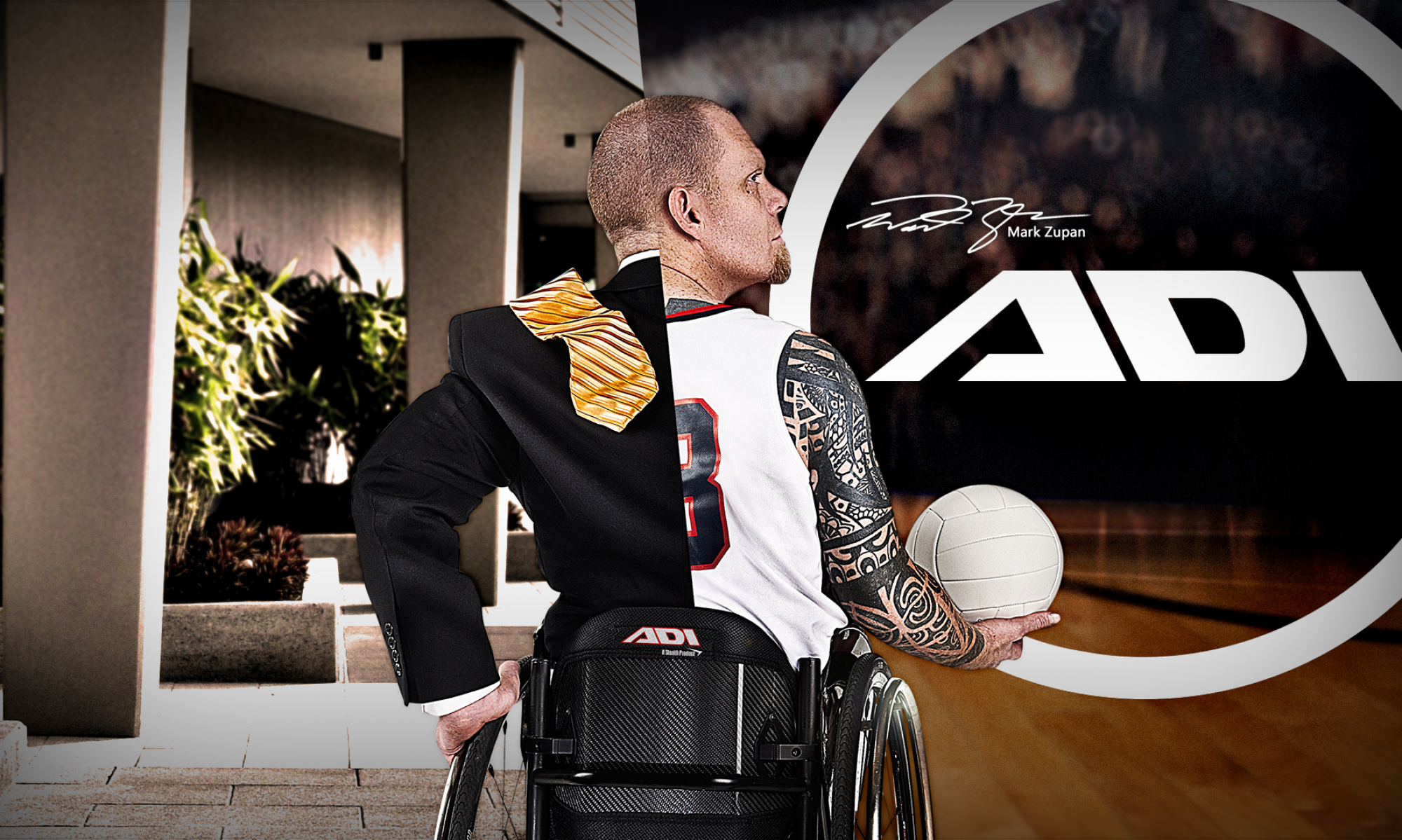-
asdfaas49 posted an update 3 years, 9 months ago
The bicyclesa is a fascinating machine with many parts – so many, in fact, that a lot people never actually learn the names and just point to an area on their bike when something goes wrong. But whether you’re new to bicycles or not, everyone knows pointing isn’t always the most effective way to communicate. You might find yourself walking out of a bike shop with something you didn’t actually want. Ever ask for a new “wheel” when all you really needed was a new tire?
Going into a bike shop to purchase a bike or get a tune up can be bewildering; it’s as if the employees speak a different language.
There is a lot of technical jargon in the world of bicycles and bicycle accessories. Simply knowing the basic part names can help clear the air and even make you feel more confident about riding your bike. That’s why we put together an article highlighting all, well almost all, the parts that make up a bicycle. If this sounds like more work than it’s worth just remember that when you’re interested in everything you will never have a dull day.
Use the photo and descriptions below as your guide. If you do forget the name of a part you’ve always got your finger to help point it out.
Essential Bicycle Parts / Bicycle Tool
Pedal
This is the part that a cyclist places their feet on. The pedal is attached to the crank which is the component that the cyclist rotates to spin the chain which in turn provides the bicycle’s power.
Front derailleur
Mechanism for changing the front gears by lifting the chain from one chain wheel to another; it allows the cyclist to adapt to road conditions.
Chain (or drive chain)
Set of metal links meshing with the sprockets on the chain wheel and gear wheel to transmit the pedaling motion to the rear wheel.
Chain stay
Tube connecting the pedal and crank mechanism to the rear-wheel hub.
Rear derailleur
Mechanism for changing the rear gears by lifting the chain from one gear wheel to another; it allows the cyclist to adapt to road conditions.
Rear brake
Mechanism activated by a brake cable, comprising a caliper and return springs; it forces a pair of brake pads against the sidewalls to stop the bike.
Seat tube
Part of the frame leaning slightly to the rear, receiving the seat post and joining the pedal mechanism.
Seat stay
Tube connecting the top of the seat tube with the rear-wheel hub.
Seat post
Component supporting and attaching the seat, inserted to variable depth into the seat tube to adjust the seat’s height.
Seat
Small triangular seat attached to the bicycle’s frame.
Crossbar
Horizontal part of the frame, connecting the head tube with the seat tube and stabilizing the frame.
Down tube
Part of the frame connecting the head tube to the pedal mechanism; it is the longest and thickest tube in the frame and gives it its rigidity.
Tire valve
Small clack valve sealing the inflation opening of the inner tube; it allows air to enter but prevents it from escaping.
Spoke
Thin metal spindle connecting the hub to the rim.
Tire
Structure made of cotton and steel fibers coated with rubber, mounted on the rim to form the casing for the inner tube.
Rim
Metal circle constituting the wheel’s circumference and on which the tire is mounted.
Hub
Central part of the wheel from which spokes radiate. Inside the hub are ball bearings enabling it to rotate around its axle.
Fork
Two tubes connected to the head tube and attached to each end of the front-wheel hub.
Front brake
Mechanism activated by a brake cable, comprising a caliper and return springs; it forces a pair of brake pads against the sidewalls to slow down the front wheel.
Brake lever
Lever attached to the handlebars for activating the brake caliper via a cable.
Head tube
Tube using ball bearings to transmit the steering movement to the fork.
Stem
Part whose height is adjustable; it is inserted into the head tube and supports the handlebars.
Bicycle Handle Bar Grip
Device made up of two handles connected by a tube, for steering the bicycle.
Brake cable
Sheathed steel cable transmitting the pressure exerted on the brake lever to the brake.
Shifter
Lever for changing gears via a cable moving the derailleur.
Optional Bicycle Parts
Toe clip
This is a metal/plastic/leather device attached to the pedals that covers the front of the feet, keeping the feet in the proper position and increasing peddling power.
Reflector
Device returning light toward its source so that other users of the road might see the cyclist.
Fender
Piece of curved metal covering part of the wheel to protect the cyclist from being splashed by water.
Rear light
A red light that makes the cyclist visible in the dark.
Generator
Mechanism activated by the rear wheel, converting the wheel’s motion into electric energy to power the front and rear lights.
Carrier (aka Rear Rack)
Device attached to the back of the bicycle for carrying bags on each side and packages on top.
Tire pump
Device that compresses air and is used to inflate a bicycle tire’s inner tube.
Water bottle clip
Support attached to the down tube or the seat tube for carrying the water bottle.
Headlight
Lamp illuminating the ground a few yards in front of the bicycle.
About Dealer Hub Members
If you are logged in, you can see other members and select their link to send them requests or just start up a professional conversation. (This site will be monitored and any content deemed offensive or threatening will be removed.)

